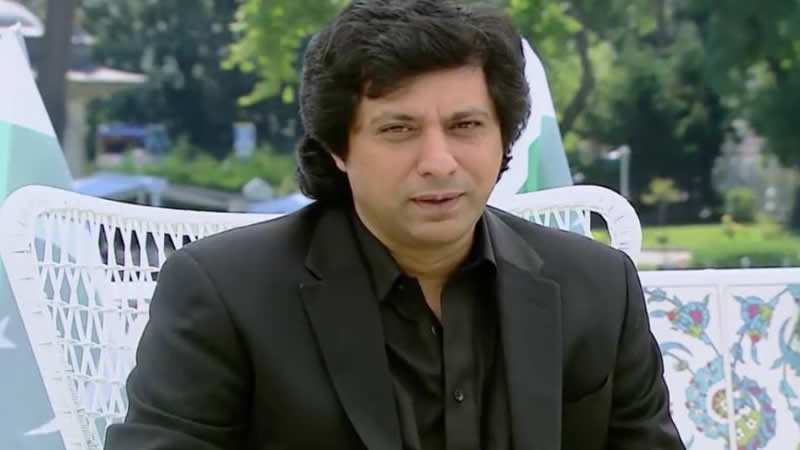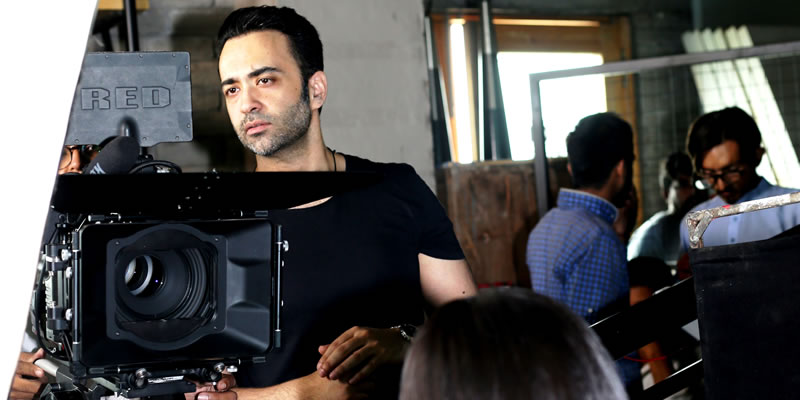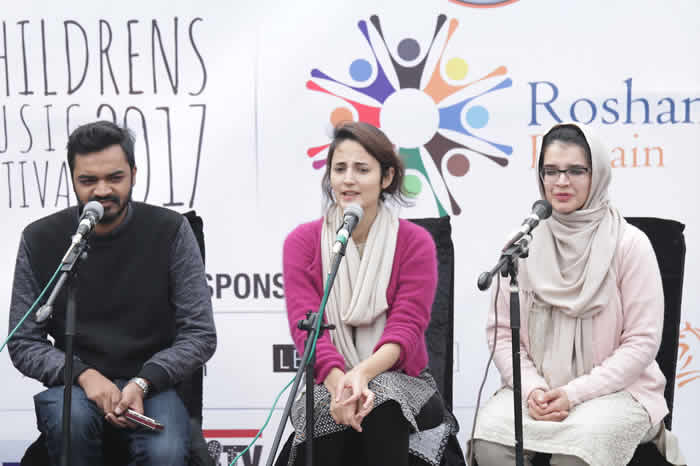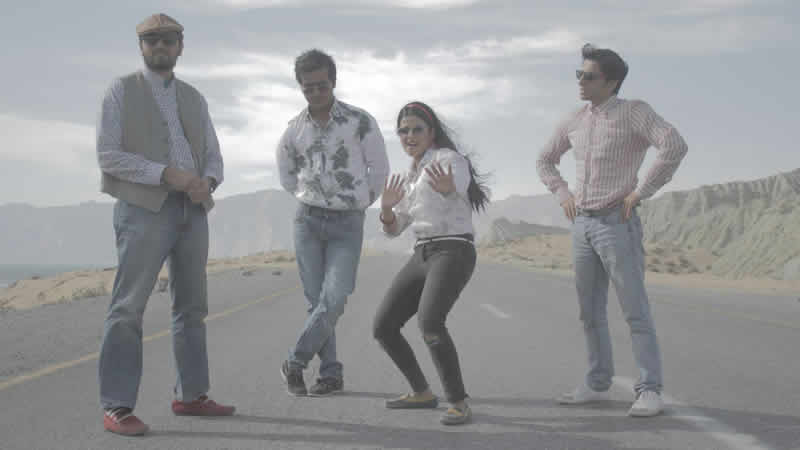 LOS ANGELES: To contend that Amy Winehouse walks away with Tony Bennett’s “Duets II” album isn’t just to give in to posthumous sentimentality. Even if Winehouse were up and bounding like a young gazelle, you’d still have to count her three-and-a-half minutes with the octogenarian partner who outlived her as the album’s most precious.That’s not to say none of the still-living singers filling out Bennett’s dance card on his seconds “Duets” project make an impression. Lady Gaga is a perfectly engaging vamp on the album’s opener, “Lady Is a Tramp,” and Norah Jones’ participation in “Speak Low” adds up to nothing short of autumnal sublimity.
LOS ANGELES: To contend that Amy Winehouse walks away with Tony Bennett’s “Duets II” album isn’t just to give in to posthumous sentimentality. Even if Winehouse were up and bounding like a young gazelle, you’d still have to count her three-and-a-half minutes with the octogenarian partner who outlived her as the album’s most precious.That’s not to say none of the still-living singers filling out Bennett’s dance card on his seconds “Duets” project make an impression. Lady Gaga is a perfectly engaging vamp on the album’s opener, “Lady Is a Tramp,” and Norah Jones’ participation in “Speak Low” adds up to nothing short of autumnal sublimity.
But it’s Winehouse’s last will and testament, “Body and Soul,” that’s the album’s serious keeper. It would have been the saddest sounding choice on “Duets II” even without the added baggage sudden death brings to lines like “My life, a wreck you’re making” and “Are you pretending, it looks like the ending.” Never has Winehouse sounded more like the brassier Billie Holiday she was predicted to become at the beginning of her career.Her unusual phrasing stands in stark contrast to the sheer professionalism of crooners who populate the later, less interesting stretches of the project, like Carrie Underwood and Faith Hill. Here, you immediately recognize, besides the host himself, is the album’s only true jazz singer.
Though her vocals aren’t as remarkable, Gaga is the other up-and-comer you can imagine Bennett actually sharing a beer with. Conversational hardly begins to describe their rapport on “Tramp,” where Gaga amends the lyrics to say “I love to rowboat with you and your wife” and emphatically exclaims “Yes, I do!” when Bennett voices Rodgers & Hart’s amazement over a gal’s ability to stay awake through opera. “I love the Yankees” is also a well-proven fact in Gaga’s case (even if Jerry Seinfeld and some Yankees fans don’t love her back), with Bennett name-checking Derek Jeter to time-stamp the recording.It’s in interplay like this that the contrast to Sinatra’s artistically failed “Duets” projects becomes most apparent: The singers actually met. Photos in the CD booklet pointedly reinforce that in-the-same-room fact, with every guest appearing in a dual shot (except Queen Latifah, who either phoned in her part or came in on the photographer’s sick day).
The choice of participants might be moot if the arrangements of these sometimes slightly less familiar standards weren’t so top-notch. Jorge Calandrelli handles the ones that emphasize a basic quartet and/or orchestration, and Marion Evans takes the reigns on the numbers employing more elaborate horn sections, both to beauteous effect.Inevitably, over the course of 17 tracks, some dullness sets in. The audience that’s most into Bennett is going to be the demographic most into purchasing entire albums, but maybe they (we?) aren’t too old to learn how to cherry-pick singles off iTunes.Certain choices of partner are either too predictably on-the-nose (Latifah, Natalie Cole, Michael Buble) or too formal and stylistically afield (Andrea Bocelli, Josh Groban).
Sometimes you wish the revolving door would jam shut just so you could hear Bennett sing “Blue Velvet” all by himself, even if the celebrity interrupter is as estimable as k.d. lang.Problems can arise when songs not written as duets become exchanges. On “One for My Baby (And One More for the Road),” Bennett and John Mayer play barstool buddies, with the elder singer muttering “You, too?” when the younger relays his lonely tale of alcoholism-inducing woe. Oddly, these two guys don’t have as much drinking-partner chemistry as Tony and Gaga do.On “The Girl I Love,” Bennett plays father figure rather than romantic counterpart to Sheryl Crow. It’s a fix that works, sort of. But when he counsels Crow, “Maybe you will meet him someday,” that’s the kind of promise that sounds awfully unsure when placed in the mouth of an older third party instead of a wistful ingenue.
Even so, “Duets II” is remarkable for getting right what Sinatra and other mass dueters have gotten wrong. And Bennett’s implacable good-old-New-York-boy spirit ensures a joviality that permeates even the most somber numbers (except, maybe, Winehouse’s).Not many 85-year-olds could sing lines as potentially rueful as “Time is so old and love so brief” — as Bennett does with Norah Jones — and have it come off like a victory lap. – Yahoonews












